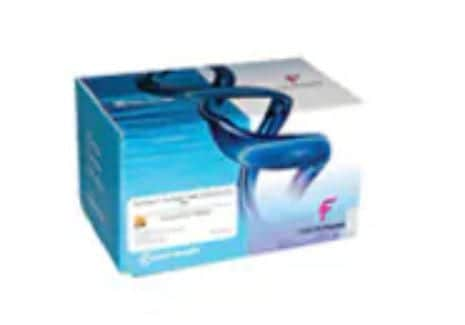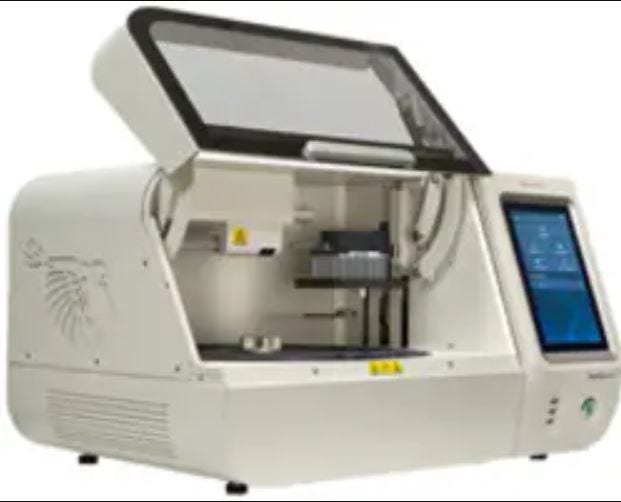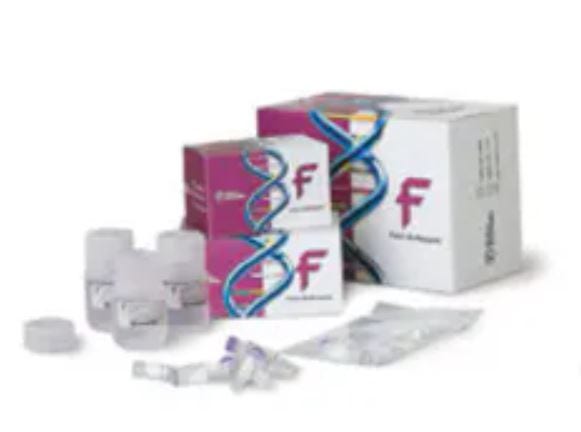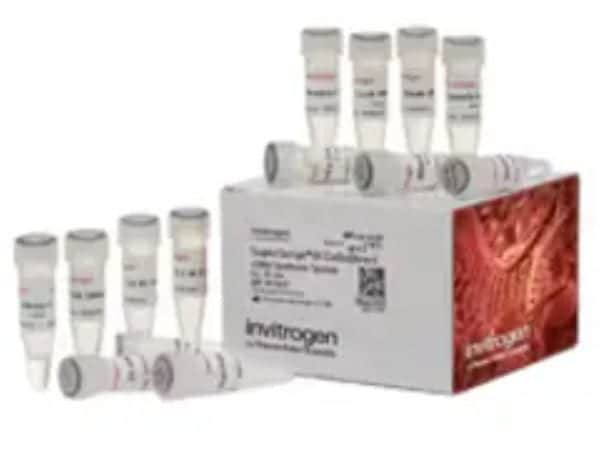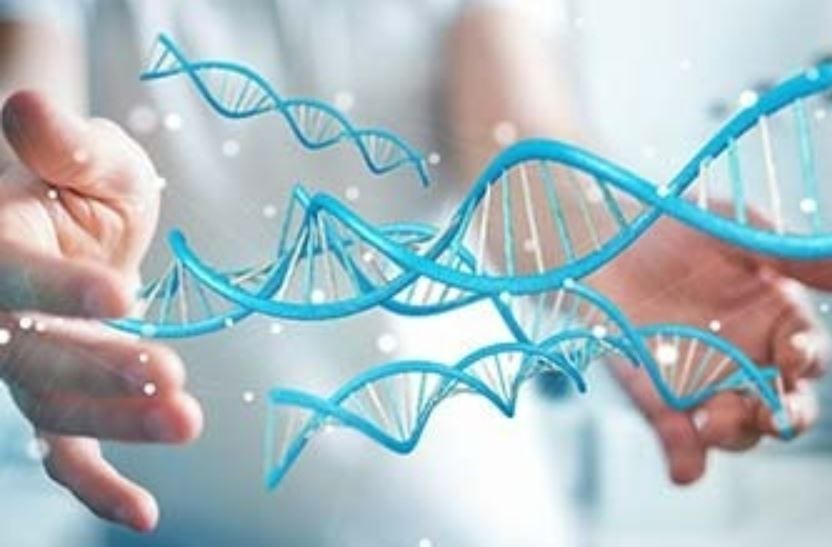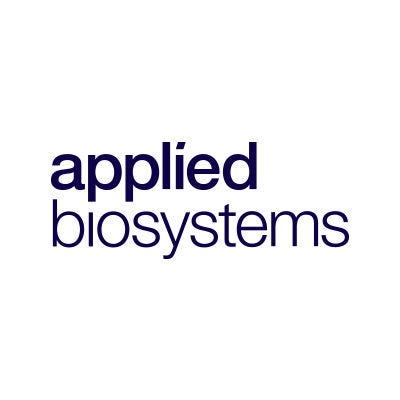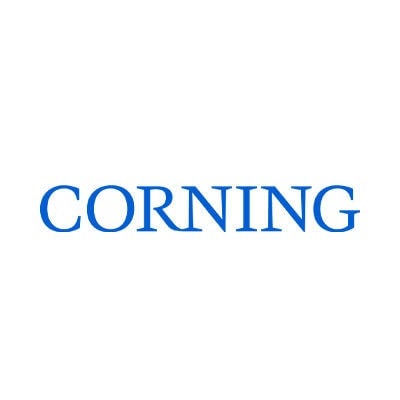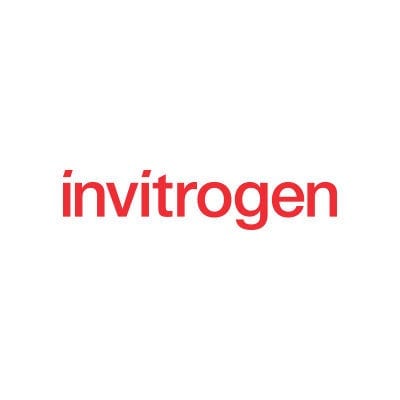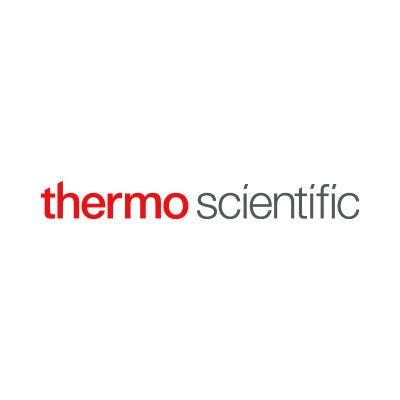PCR and qPCR
1. Sample Preparation
Preparing samples for PCR or qPCR typically requires extraction and purification of nuclear material. Depending on the sample source, this may involve mechanical manipulation via homogenization or require the use of resins or beads to help bind the nucleic acids prior to purification. Prepare your samples with the help of DNA and RNA extraction, isolation, and purification kits, plus reagents, buffers, and more.
Top Categories
Featured Products
Catalog Number 16514341
Syngene™ Airclean 600 PCR Workstation
Catalog Number 11558626
Invitrogen™ DNAzol™ Reagent, for isolation of genomic DNA from solid and liquid samples
Catalog Number 16416159
Cytiva Sera-Xtracta Cell-Free DNA Kit
Resources
Boost_Your_DNA_Analysis
- Filename
- 22738_BOOST_Your_DNA_Analysis.pdf
- Size
- 544 KB
- Format
- application/pdf
Benchtop_Instrument_Portfolio
- Filename
- 22738_Benchtop_Instrument_Portfolio.pdf
- Size
- 2 MB
- Format
- application/pdf
Pall_AcroPrep_Filter_Plates
- Filename
- 22738_Pall_AcroPrep_Filter_Plates.pdf
- Size
- 13 MB
- Format
- application/pdf
Pall_Centrifugal_Devices
- Filename
- 22738_Pall_Centrifugal_Devices.pdf
- Size
- 3 MB
- Format
- application/pdf
Thermo_Scientific_Guanidinium_Thiocyanate
- Filename
- 22738_Thermo_Scientific_Guanidinium_Thiocyanate.pdf
- Size
- 2 MB
- Format
- application/pdf
Thermo_Scientific_Medifuge_Centrifuge
- Filename
- 22738_Thermo_Scientific_Medifuge_Centrifuge.pdf
- Size
- 947 KB
- Format
- application/pdf
2. PCR Amplification
Amplification is performed by combining a DNA segment, polymerase, nucleotide solution, and primers in a PCR tube or microplate. A thermal cycler is used to perform the following steps, repeating the process 35 to 40 times.
Denaturation: Hydrogen bonds are broken, DNA separates.
Annealing: Primers and polymerase bind to the DNA.
Extension: Nucleotides pair with the DNA to form a new complementary strand.
Top Categories
Featured Products
Catalog Number 7229346
BRAND™ Rigid Frame 96-well PCR Plates
Catalog Number 17146388
Applied Biosystems™ VeritiPro™ Thermal Cycler, 96-well
Catalog Number 4007188
Cytiva PuReTaq Ready-To-Go™ PCR Beads
Resources
Brand PCR Products
- Filename
- Bran_PCR_products.pdf
- Size
- 4 MB
- Format
- application/pdf
PCR Innovations Made to Empower
- Filename
- PCR_Innovations_Made_to_Empower.pdf
- Size
- 2 MB
- Format
- application/pdf
Real Time PCR Handbook
- Filename
- RT_PCR_Handbook.pdf
- Size
- 1 MB
- Format
- application/pdf
3. qPCR Reverse Transcription
In real-time PCR, RNA is converted to cDNA and then amplified using PCR. Common real-time PCR applications detect expressed genes, examine transcript variants, and create cDNA templates for cloning and sequencing procedures. Find polymerases, oligonucleotides, master mixes, and more below to support your real-time PCR assays.
Top Categories
Featured Products
Catalog Number 12023679
Invitrogen™ SuperScript™ VILO™ Master Mix
Catalog Number 4526963
Thermo Scientific™ Phusion Blood Direct PCR Kit
Catalog Number 7184433
Thermo Scientific™ dNTP Mix (25 mM each)
Resources
TaqMan Environmental Master Mix 2.0
- Filename
- TaqMan_Environmental_Master_Mix_2.0.pdf
- Size
- 474 KB
- Format
- application/pdf
4. qPCR Quantification
Real-time PCR is used to detect specific DNA sequences. This method uses fluorescent dyes or probes to determine the amount of amplified material in your sample. Find a variety of master mixes, plus real-time PCR instruments, assays, and kits for quantifying your qPCR results.
Top Categories
Featured Products
Catalog Number 10093152
Invitrogen™ PCR SuperMix
Catalog Number 10176724
Applied Biosystems™ TaqMan™ Array Human eNOS Signaling
Resources
QuantStudio Absolute Q Digital
- Filename
- QuantStudio Absolute Q Digital PCR System.pdf
- Size
- 1 MB
- Format
- application/pdf
QuantStudio Absolute Q Digital PCR System
- Filename
- QuantStudio Absolute Q Digital.pdf
- Size
- 193 KB
- Format
- application/pdf
5. Essential Supplies
Find HEPA-filtered PCR enclosures to help keep contaminating particulates out of your workspace. Shop single-use PCR tubes and tube strips, nucleic acid microplates, PCR enclosures, and other labware that is certified free of DNAse, RNAse, DNA, and other potential contaminants.
Top Categories
Featured Products
Catalog Number 15592496
Fisherbrand™ UV Sterilization Cabinet with Timer
Catalog Number 3599521
Fisherbrand™ 0.5mL Flat-Cap PCR Tubes
Catalog Number 3599375
Fisherbrand™ 96-Well Nonskirted PCR Plates
Resources
Eppendorf Liquid-Handling Brochure
- Filename
- Eppendorf_Liquid-Handling_Brochure.pdf
- Size
- 3 MB
- Format
- application/pdf
Thermo Scientific MicroCL17 and 21 Microcentrifuge Series
- Filename
- Thermo_Scientific_MicroCL17_and_21_Microcentrifuge_Series.pdf
- Size
- 1 MB
- Format
- application/pdf
Thermo Scientific Sorvall_Legend Micro17 and 21 Microcentrifuge Series
- Filename
- Thermo_Scientific_Sorvall_Legend_Micro17_and_21_Microcentrifuge_Series.pdf
- Size
- 2 MB
- Format
- application/pdf




